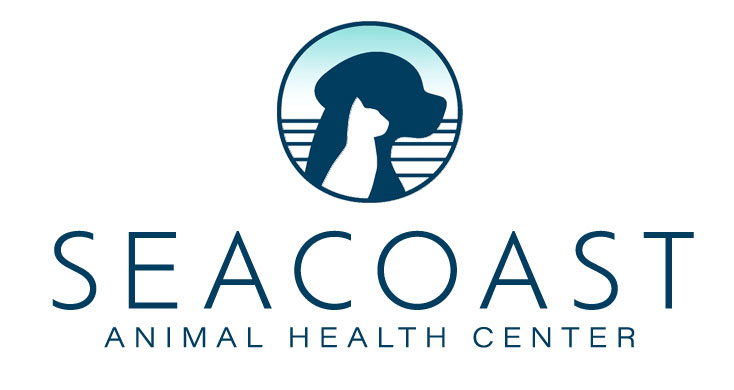Articles
-
Hydrocodone + homatropine oral is a combination antitussive (cough suppressant) medication used to treat coughing in dogs. It contains an opiate narcotic (hydrocodone) and an anticholinergic (homatropine). It is used off label (extra label) in veterinary medicine. Hydrocodone + homatropine oral comes in oral forms.
-
Hydrocodone is an opiate agonist given by mouth as a tablet or liquid and used off label to treat pain and dry cough in dogs. The most common side effects include sedation and constipation. Do not use this medication in pets that are allergic to opiates or that have ingested a toxin. Use with caution in debilitated or geriatric pets, pets with a head injury, or pets that have thyroid, heart, lung, liver, kidney, or adrenal disease. If a negative reaction occurs, call your veterinary office.
-
Hydrocortisone ophthalmic is a topical steroid medication used to treat surface inflammation in the conjunctiva of the eye. It is used to treat inflammatory eye conditions in cats and dogs. It may be used “off label” or “extra label” to treat eye conditions in animals other than cats or dogs. Hydrocortisone ophthalmic comes in ointment and liquid drop form. Avoid use in animals with viral or fungal infections, corneal ulceration, and birds.
-
Hydrocortisone otic is a steroid medication used to treat topical inflammation of the ears in pets. It is often combined with antibiotics and comes as a liquid solution applied within the ear canal.
-
Hydrocortisone topical is a medication applied to the skin that comes in many forms such as creams, ointments, shampoos and sprays, and is used to treat itchiness and inflammation. Side effects may include irritation at the application site, and with long-term use, can include thin skin, skin bumps, and blackheads. Use this medication with caution in pregnant pets or in pets with skin tuberculosis.
-
Hydroxyurea is given by mouth and is used off label to treat certain cancers in cats and dogs. Common side effects include bone marrow suppression, lack of appetite, vomiting, diarrhea, mouth and stomach ulcers, loss of toenails and/or hair coat.
-
Hydroxyzine (brand names: Atarax®, Vistaril®, Masmoran®, Multipax®) is an antihistamine used off label in cats, dogs, horses, and birds to treat allergic and itchy conditions. It can also be used as a sedative/tranquilizer. Hydroxyzine is given by mouth in the form of a tablet, liquid solution, or capsule. It may also be given as an injection in the hospital.
-
Hypochlorous acid (HOCl) topical is used for the management of skin conditions such as wounds, abscesses, cuts, abrasions, skin irritations, ulcers, post-surgical incision sites, and burns. It may be used to prevent or treat bacterial skin infections, including methicillin-resistant staphylococcus aureus (MRSA). Hypochlorous acid also has antifungal and antiviral properties and is reported to reduce inflammation, pain, and itching.
-
Idoxuridine (brand names Dendrid®, Herplex®, Stoxil®) is an antiviral topical medication used to treat viral infections of the eye, such as feline herpesvirus-1 (FHV-1) in cats. It may also be useful for treating canine herpesvirus-1 in dogs and equine herpesvirus-2 in horses. Pregnant women should NOT handle this medication.
-
Ilunocitinib (brand name Zenrelia®) is a medication used to control pruritus (itching) associated with allergic dermatitis and control of atopic dermatitis in dogs at least 12 months of age that are up-to-date on vaccinations. It is labeled for use in dogs only. Ilunocitinib comes in tablet form.

